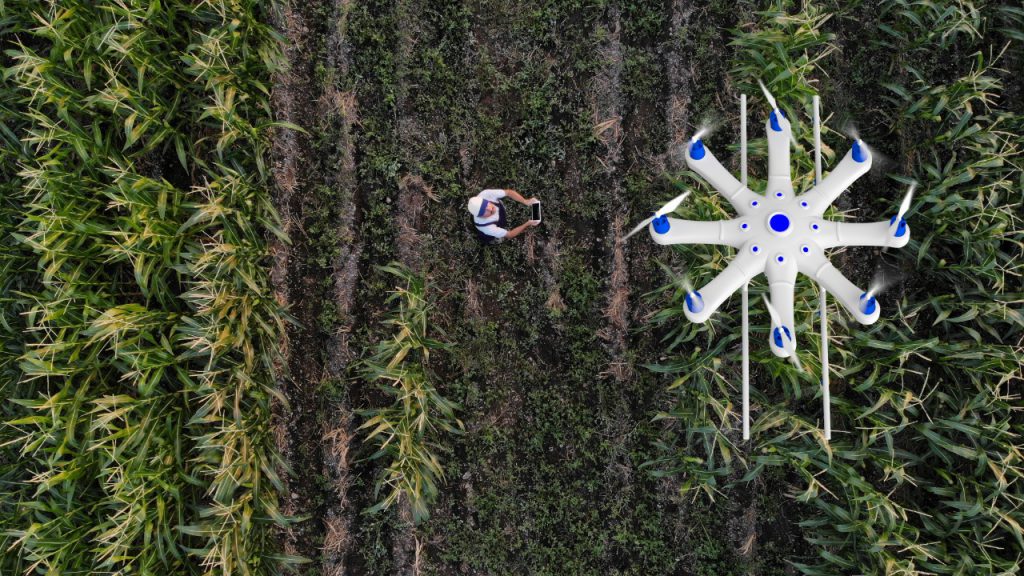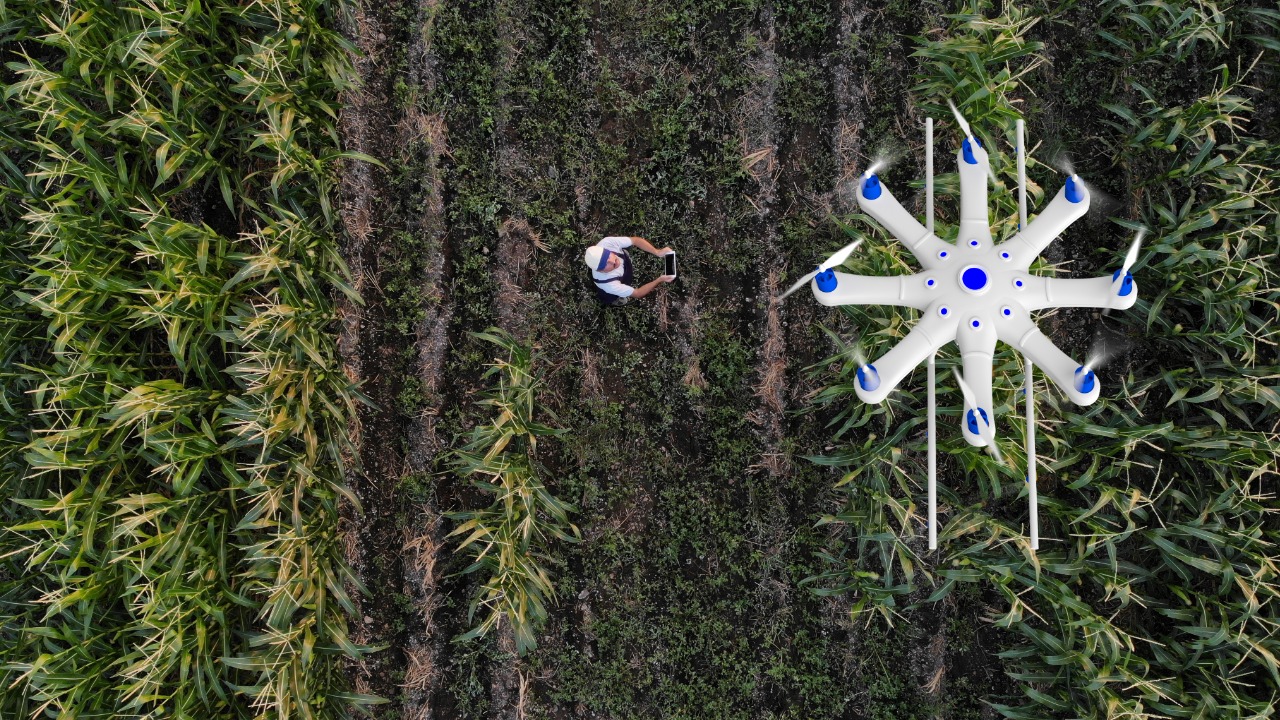Synopsis
Farmers have been using drones over the past 20 years mainly for aerial imaging – scanning farms from the sky with cameras to map where crops are thriving and failing. Now drones are being designed for hands-on crop management.
Early one recent morning in Vidalia, Georgia, third-generation farmer Greg Morgan launched an AG-230 drone carrying eight gallons of fungicide over a field of sweet onions. The chemical, which is essential to crop survival in this humid state, would typically be dragged and dripped from a 500-gallon tank behind Morgan’s 10,000-pound tractor. Now it fell in a fine mist from the spray jets of an 80-pound drone scudding 10 feet above his cash crop.
Vidalia Onions are a $150 million local industry that, like peaches, tomatoes and other specialty crops in the Southeast, have become increasingly vulnerable to climate change. Morgan has joined the vanguard of farmers who are turning away from tractors and toward drones as they adapt to the rising cost of chemicals and contend with hotter temperatures, heavier rains, heartier weeds and prolific pests.

Farmers have been using drones over the past 20 years mainly for aerial imaging – scanning farms from the sky with cameras to map where crops are thriving and failing. Now drones are being designed for hands-on crop management: enabled to spray herbicides, insecticides and foliar fertilisers with precision, and even to distribute seeds in planting season.
A “featherweight flying tractor” – that’s how Arthur Erickson, chief executive of manufacturer Hylio Inc., described the company’s agricultural drones. The Houston-based startup has seen demand for its drones soar over the past three years; roughly 700 of Hylio’s drones are now at work treating 700,000 acres of cropland annually.
Early adopters like 46-year-old Morgan are driving a major shift in the business of food and signaling a reality that investors and leaders of industrial agriculture should heed. Drones are poised to significantly disrupt the tractor industry, and unlike many other high-tech agricultural trends, this one is actually good for small and midsized farmers, and a big win for the planet, to boot.
In the eight months since Morgan made his $40,000 investment it has cut his fuel costs and already reduced his agrochemical usage by about 15%. Bloomberg
Read more at-https://bit.ly/3LkLqjo

